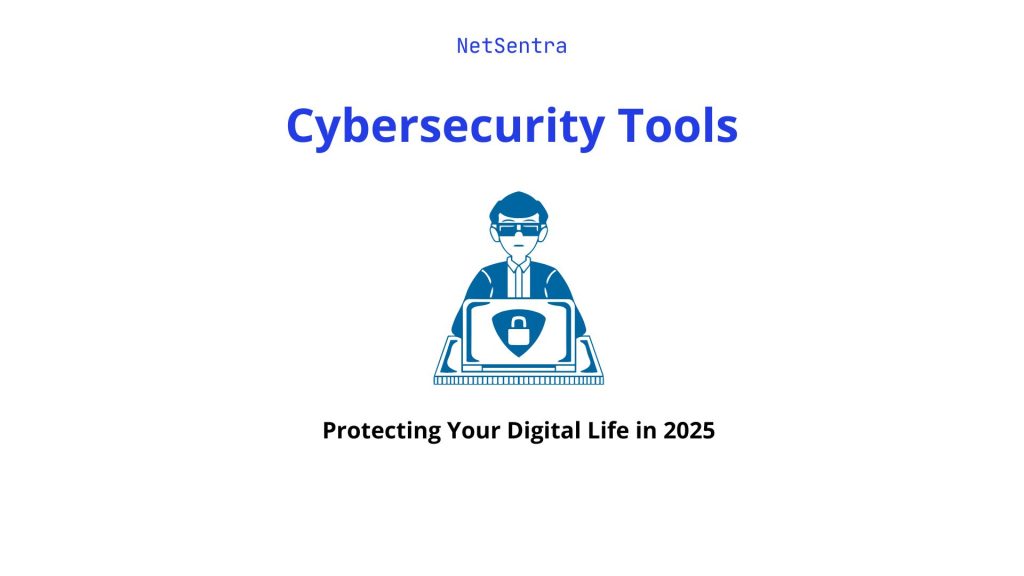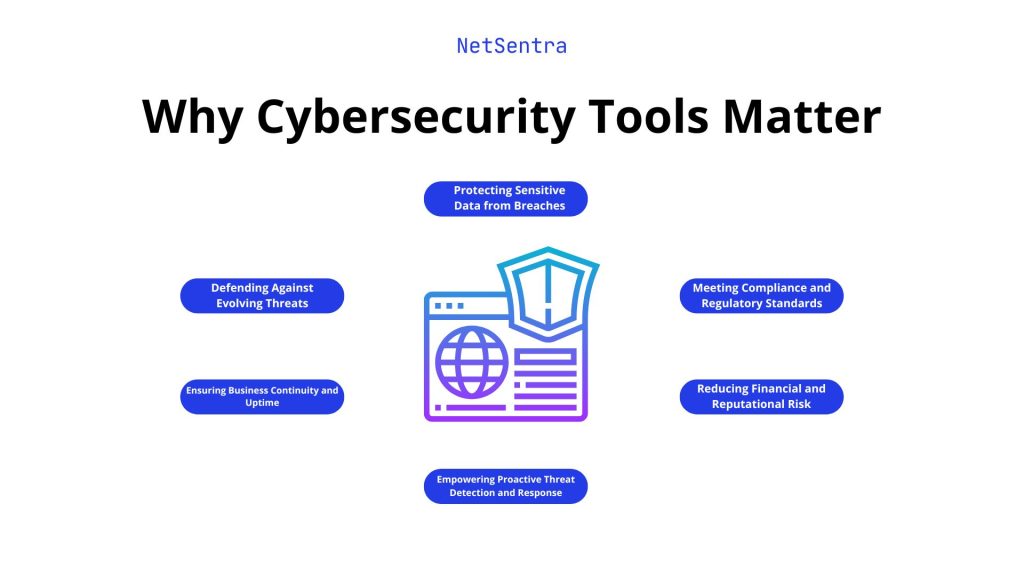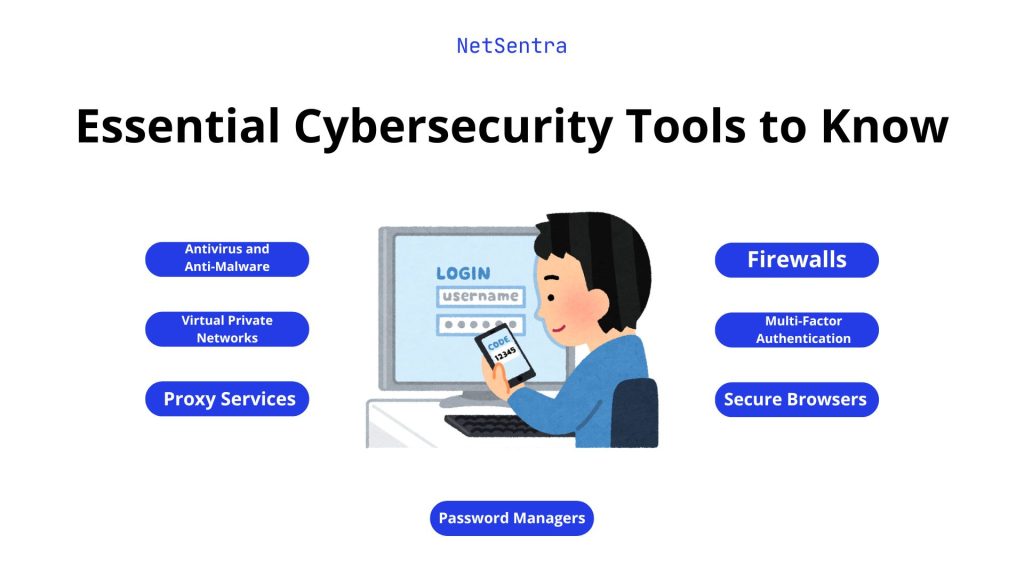In today’s hyper-connected world, cybersecurity is no longer optional — it’s essential. From personal devices to business infrastructures, the digital space is constantly under threat. Cybercriminals are evolving, and so should your defenses. This is where cybersecurity tools come into play.

Whether you’re an individual user or a business, understanding and using the right tools can help protect your data, privacy, and peace of mind. In this guide, we’ll explore the most effective cybersecurity tools in 2025, their purposes, and how they relate to core online protection strategies like 🔒 Online Privacy, 🌐 Proxy Services, and 🛡️ VPN Solutions.
🔍 Why Cybersecurity Tools Matter
With cyberattacks happening every 39 seconds, protecting your digital presence isn’t just a tech problem — it’s a necessity for everyone. Hackers use phishing, malware, ransomware, and even social engineering to gain access to systems. Cybersecurity tools are your first line of defense.

🧰 Essential Cybersecurity Tools to Know
Here are the key categories of tools you should be aware of and use:
1. Antivirus and Anti-Malware Software
These tools scan your system to detect and neutralize malicious software. Modern antivirus programs go beyond viruses and can handle spyware, ransomware, and trojans.
Top Picks:
- Bitdefender
- Kaspersky
- Malwarebytes
2. Virtual Private Networks (VPNs)
VPNs encrypt your internet connection, making your online activities anonymous and secure — especially on public Wi-Fi. They are crucial for maintaining 🔒 Online Privacy.
Want to understand which VPNs are best for your needs? Explore our 🛡️ VPN Solutions category.
3. Proxy Services
Proxies act as intermediaries between your device and the internet, helping you mask your IP address, bypass geo-blocks, and manage access control. They are widely used in corporate environments and can also enhance anonymity for users.
Check out our full breakdown on 🌐 Proxy Services to learn how they compare with VPNs.
4. Password Managers
Weak passwords are one of the biggest security risks. Password managers help generate, store, and autofill strong passwords securely.
Recommended Tools:
- 1Password
- Bitwarden
- Dashlane
5. Firewalls
Both hardware and software firewalls monitor incoming and outgoing network traffic, acting as a barrier between trusted and untrusted networks.
Windows and macOS have built-in firewalls, but for advanced needs, third-party firewalls such as pfSense or Comodo may offer more control.
6. Multi-Factor Authentication (MFA) Apps
Adding a second (or third) layer of security greatly reduces the chances of unauthorized access. MFA apps generate one-time passwords or push notifications to verify identity.
Popular choices include:
- Google Authenticator
- Authy
- Microsoft Authenticator
7. Secure Browsers & Extensions
Privacy-focused browsers like Brave and extensions like HTTPS Everywhere and uBlock Origin help reduce tracking and improve online safety.
Combine this with a VPN or proxy for layered protection.

🧩 How to Choose the Right Tools
When building your cybersecurity stack, consider:
- Your threat model (Are you a casual user or a business owner?)
- Ease of use (Tools should enhance security without hindering performance)
- Compatibility (Make sure they work across your devices)
For casual users, a good start is a VPN, password manager, and antivirus. For advanced users, adding proxies, firewalls, and endpoint protection software is key.

📈 Future Trends in Cybersecurity Tools
In 2025 and beyond, AI and machine learning are becoming core features in cybersecurity tools. They allow real-time threat detection, adaptive defense mechanisms, and predictive analytics.
Cloud-based security platforms are also on the rise — offering scalable protection for remote teams and businesses.
✅ Final Thoughts
Cybersecurity is a constantly evolving field, and your protection should evolve with it. By leveraging the right tools, you can create a robust digital shield around your personal and professional life.
And remember — tools are only effective if you use them consistently. Make it a habit, not a one-time task.
For more information on protecting your online identity, don’t forget to explore our in-depth guides on:
Stay secure,
NetSentra Team